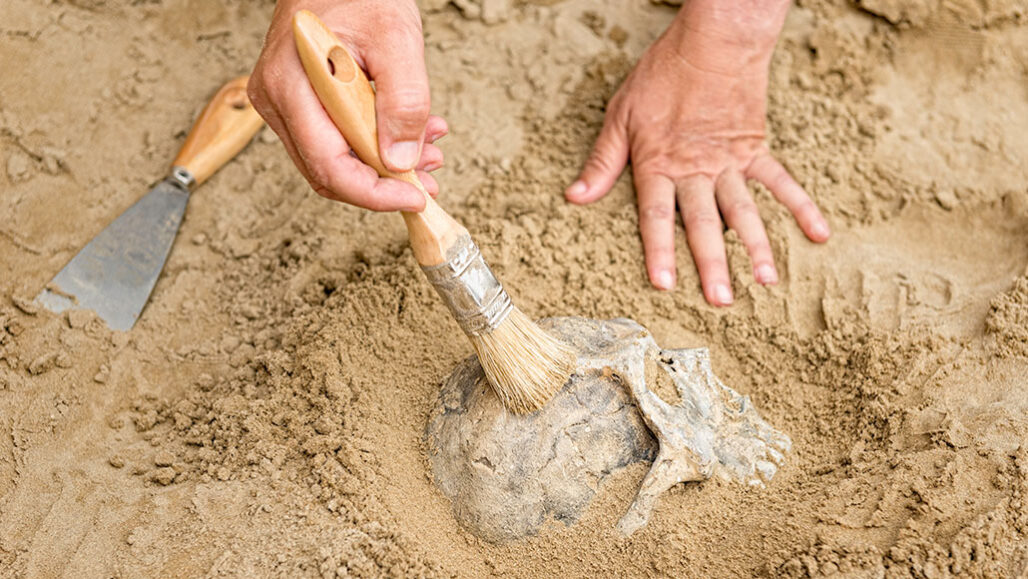Scientists Say: Archaeology
Scientists can study people by studying the stuff they’ve left behind

Archaeologists study things people leave behind — including human remains.
microgen/iStock/Getty Images Plus
Scientists can study people by studying the stuff they’ve left behind

Archaeologists study things people leave behind — including human remains.
microgen/iStock/Getty Images Plus